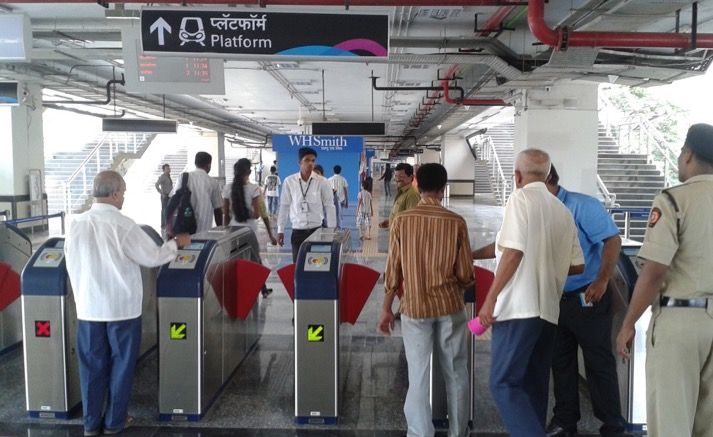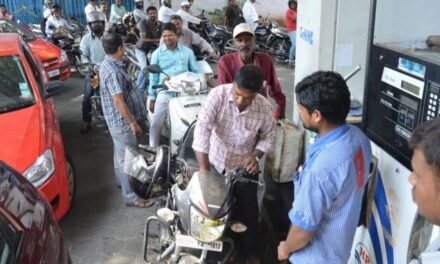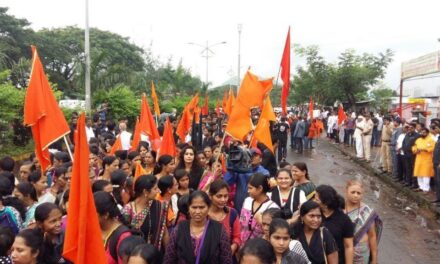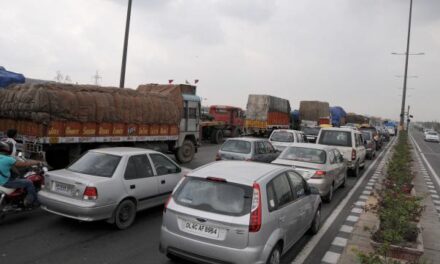Mumbai Metro to hike monthly pass rates, introduce cashback scheme from Feb 1


While Store Value Pass (SVP) users will receive a cashback of 2-10% on recharging their cards, Monthly Trip Pass (MTP) users will have to shell out an additional Rs 25-50 (Representational Image, Courtesy: Lance Quadras’ blog)
Reliance Infrastructure-run Mumbai Metro One will revise the effective prices of the Store Value Pass (SVP) and Monthly Trip Pass (MTP) from February 1.
While SVP users will receive a cashback on recharging their cards, the value of MTP will go up by Rs 25-50.
Reliance Infrastructure’s subsidiary Mumbai Metro One Private Limited (MMOPL) operates the city’s first and only operational metro line on the Versova-Andheri-Ghatkopar corridor.
Store Value Pass:
According to the company, SVP is used by nearly one-third of the commuters with a 51 percent YoY growth, making it their most popular ticketing product.
To increase its adoption further, commuters will be offered an instant cashback ranging from 2-10 percent for recharges ranging from Rs 200-Rs 600 or more.
Earlier, SVP commuters enjoyed only piecemeal incentives of up to Rs 5 as they commuted, but now it will be instant cashback against a recharge, and encourage daily ticketing commuters to migrate to SVP.
It will offer a one-time flat cash-back on the entire remaining balance of January 31 to take care of the incentive that a customer would be entitled to while travelling with current balance, a company spokesperson said.
The cashback scheme will have a six-month validity with every recharge and will also be available to those travelling short distances of two kilometres, which was not available earlier.
Monthly Trip Pass:
In contrast to SVP, the price of MTP will go up by Rs 25-50 depending on the travel distance.
The price for 2-5km slab will go up from Rs 750 to Rs 775 and for 5-8km will increase from Rs 1,050 to Rs 1,100. Similarly, the price for 8km slab will also rise from Rs 1,350 to Rs 1,375.
The increase in MTP prices, MMOPL says, is to encourage users to switch to SVP and avail maximum benefits.
Incidentally, Metro fares have not been revised from Rs 10-40 band since the service started in 2014.
While MMOLP proposed a hike in fares earlier, the same was rejected by the Bombay High Court in 2017, as a result of which it is facing huge losses in operating the service.













